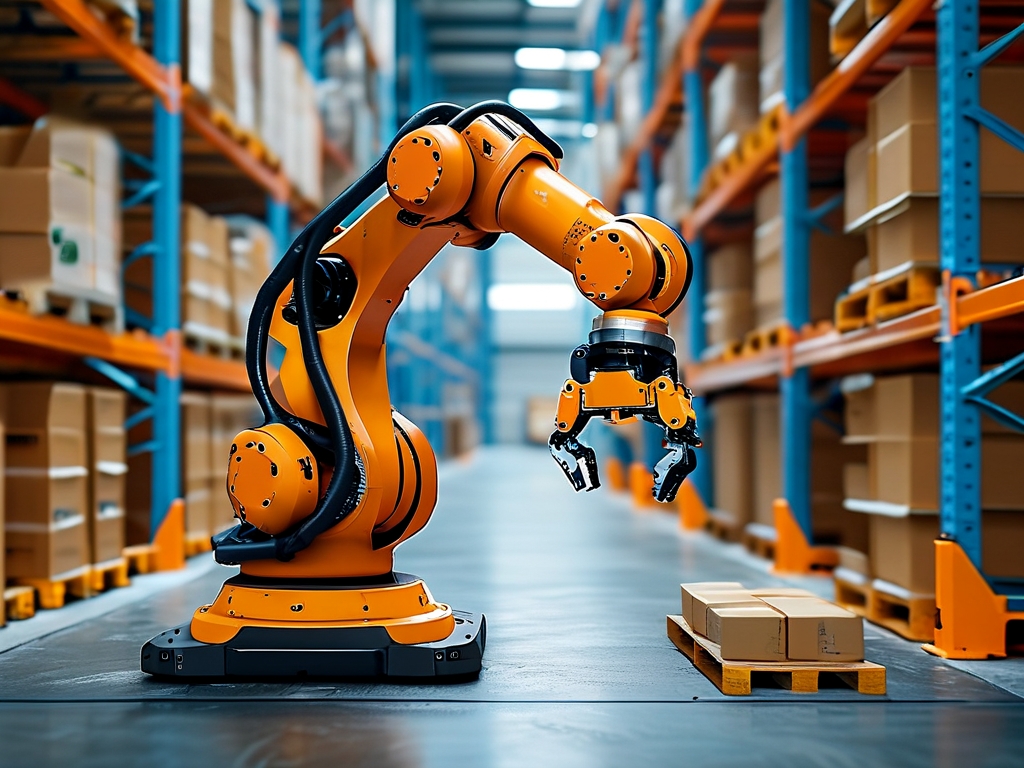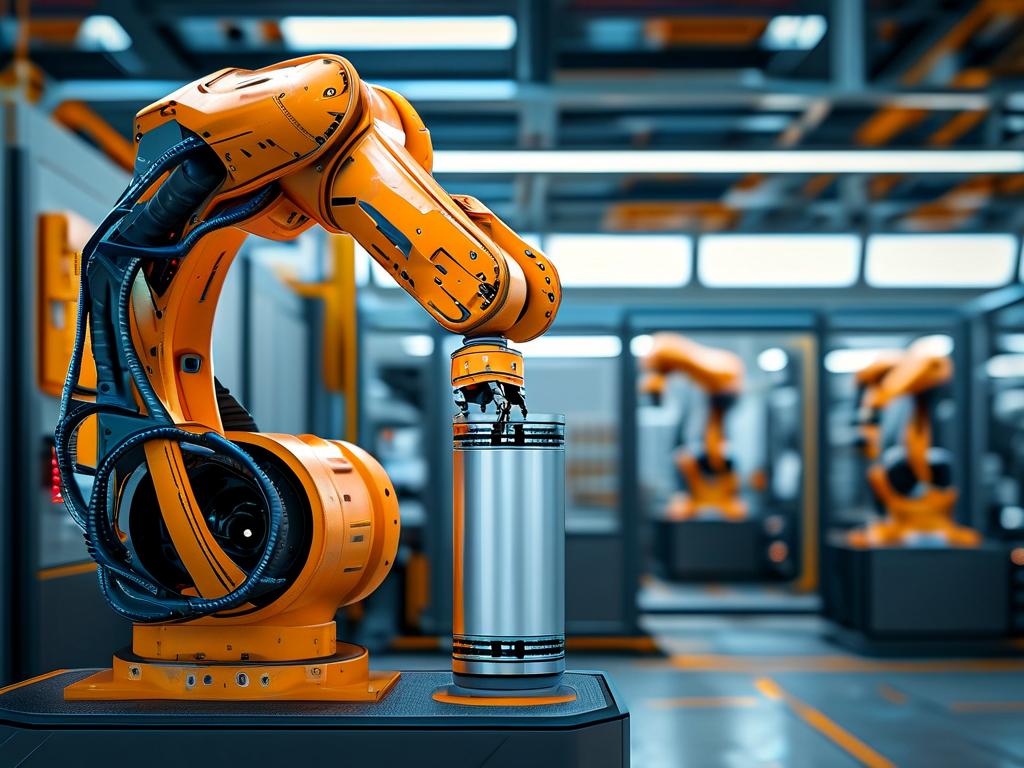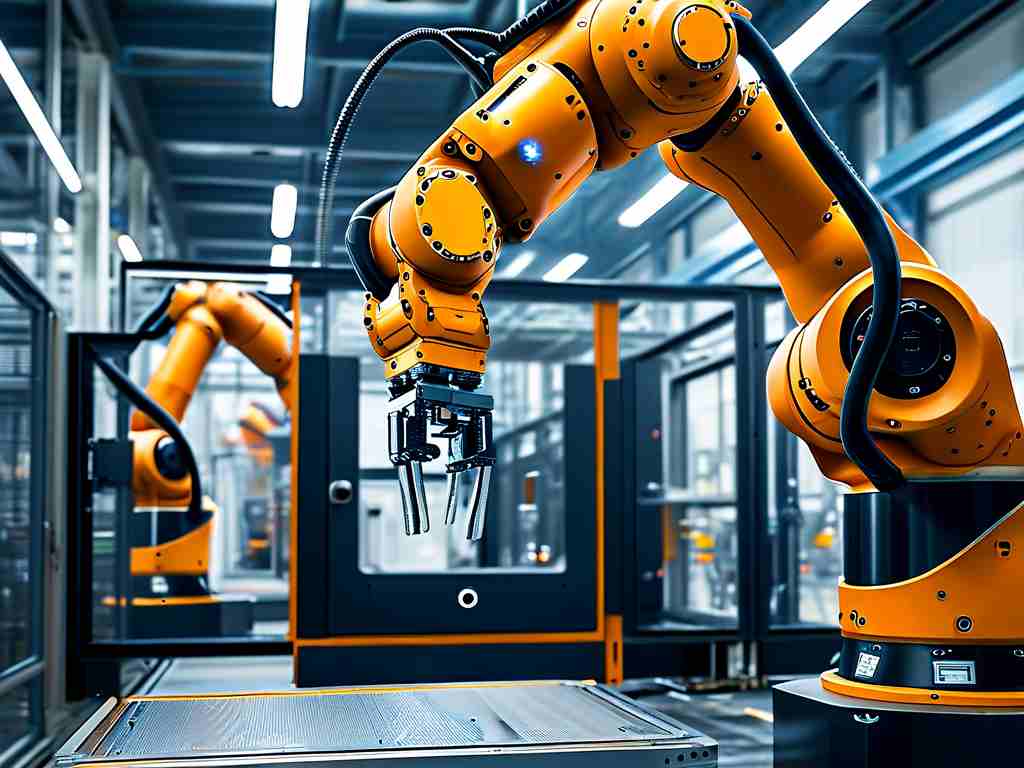In the heart of China's manufacturing powerhouse, Foshan has emerged as a beacon of technological advancement, particularly in the field of industrial automation. Among its groundbreaking innovations, palletizing robotics technology stands out as a transformative force, reshaping logistics, production efficiency, and labor dynamics across industries. This article explores how Foshan's palletizing robots are redefining modern manufacturing, their technical advantages, real-world applications, and the implications for global supply chains.

The Rise of Palletizing Robotics in Foshan
Foshan, a city in Guangdong Province renowned for its ceramics, furniture, and appliance industries, has long been a hub for manufacturing. However, rising labor costs, stringent safety regulations, and the demand for precision have driven companies to adopt automation. Palletizing-the process of stacking products onto pallets for storage or transport-has traditionally relied on manual labor or semi-automated systems. Foshan's engineers and tech firms recognized the limitations of these methods, such as inefficiency, human error, and workplace injuries, and began developing advanced robotic solutions.
By integrating artificial intelligence (AI), machine vision, and modular design, Foshan's palletizing robots now offer unprecedented speed and adaptability. For instance, companies like ESTUN Robotics and Inovance Technology have launched robots capable of handling diverse products-from fragile ceramic tiles to heavy appliance components-with millimeter-level precision. These systems can autonomously adjust grip strength, stacking patterns, and workflow based on real-time data, minimizing waste and downtime.
Technical Breakthroughs Driving Adoption
Foshan's palletizing robots are distinguished by several key innovations:
- AI-Powered Vision Systems: Equipped with 3D cameras and deep learning algorithms, these robots can identify irregularly shaped objects, detect defects, and optimize palletizing paths. This reduces reliance on pre-programmed templates, enabling flexibility in dynamic production environments.
- Collaborative Robotics (Cobots): Unlike traditional industrial robots confined to safety cages, Foshan's cobots work alongside humans. Sensors and force-limiting mechanisms ensure safe interaction, making them ideal for small-to-medium enterprises (SMEs) with space constraints.
- Energy Efficiency: Utilizing lightweight materials and regenerative braking systems, these robots consume 30% less energy than conventional models, aligning with China's carbon neutrality goals.
A case study from Midea Group, a Foshan-based appliance giant, illustrates the impact. By deploying palletizing robots in its refrigerator assembly line, Midea reduced palletizing time by 50%, cut labor costs by 40%, and achieved a 99.8% accuracy rate in load stability.
Industry Applications and Economic Impact
The versatility of Foshan's palletizing robots has led to widespread adoption across sectors:
- Ceramics and Building Materials: Robots handle delicate tiles and sanitaryware, reducing breakage rates from 5% to 0.3%.
- Food and Beverage: Hygienic-grade robots pack bottles, cans, and frozen goods, meeting strict sanitation standards.
- E-commerce Logistics: High-speed robots sort and stack parcels, enabling same-day delivery in urban centers like Guangzhou and Shenzhen.
Economically, this technology is accelerating Foshan's transition from labor-intensive manufacturing to a high-value, tech-driven economy. The local robotics market is projected to grow at a CAGR of 20% through 2030, creating over 10,000 skilled jobs in programming, maintenance, and system integration.
Challenges and Future Prospects
Despite its success, challenges remain. High upfront costs deter some SMEs, while the rapid pace of innovation requires continuous workforce upskilling. Moreover, global supply chain disruptions have highlighted the need for resilient, localized production networks-a gap Foshan's robotics firms are addressing by offering scalable, modular solutions.
Looking ahead, Foshan aims to lead the next wave of automation by merging palletizing robots with 5G connectivity and digital twins. Pilot projects already enable remote monitoring and predictive maintenance, slashing downtime by 25%. As global manufacturers seek agility and sustainability, Foshan's palletizing robotics technology is poised to set new benchmarks for smart manufacturing worldwide.
In , Foshan's journey from a traditional manufacturing hub to a robotics innovator underscores the transformative power of automation. By prioritizing precision, flexibility, and sustainability, its palletizing robots are not just solving local industrial challenges but also shaping the future of global manufacturing.









